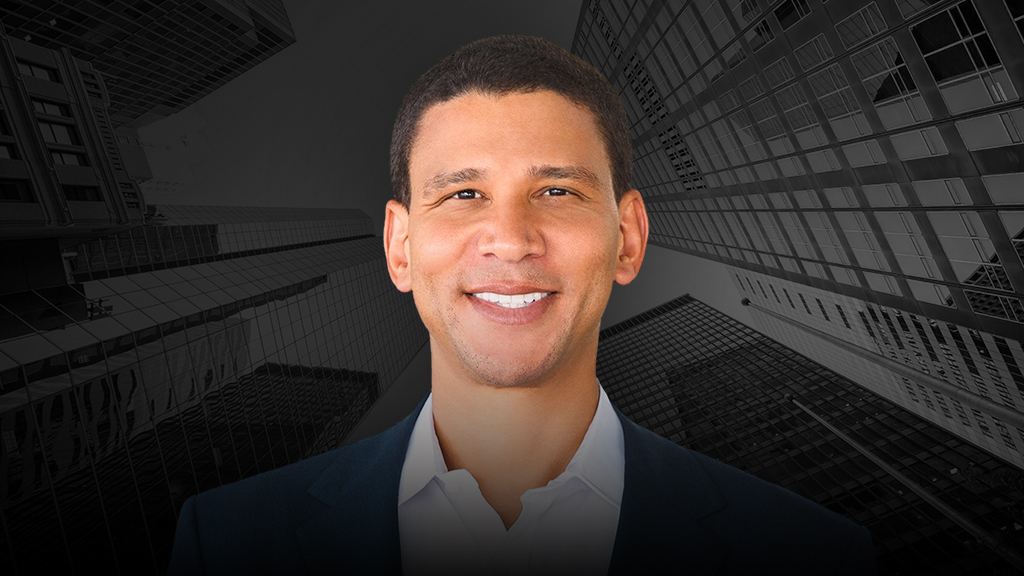Robert Reffkin
Founder and CEO of Compass, Inc.
One of the most important parts of being a real estate brokerage is building the tools and technology needed to make agents successful.
At the 2024 Zelman & Associates Housing Summit, I had the pleasure of having Robert Reffkin, the Founder and CEO of Compass, one of the foremost real estate tech companies, as a Walker Webcast guest. During our conversation, Robert and I explored what makes Compass so special.
Building a broker-centric firm
Robert and his team have realized that one of the most important parts of being a real estate brokerage is building out the tools, technology, and information needed to make your agents successful. Doing so will help the brokerage and the individual agents build their businesses and make more money in the long run. He pointed out that, As a brokerage, your client isn’t the person purchasing a home; it’s your agent. Although providing all of this takes a bit more investment than the traditional approach to real estate brokerages, Robert believes that this is the most sustainable strategy for the long term and will pay dividends long into the future.
How integration becomes innovation
Despite Compass being a real estate tech company, I noticed that its website was strikingly similar to all the other major brokerage websites. Naturally, I had to prod Robert on this. He told me that focusing on building a better website, enhancing its search features, or SEO isn’t going to make the lives of his clients (his agents) better. Doing these things won’t meaningfully increase revenue.
Instead, the “tech” part of Compass is something that only the agents can see. Most people don’t know this, but there are dozens of tools that real estate agents use to manage their business on a day-to-day basis. To save its agents time, Compass has integrated the majority of these tools into its platform, allowing agents to save countless hours by having a one-stop-shop for everything they need.
Will Compass see price compression?
When Walker & Dunlop sells real estate, we typically collect a 0.55-0.60 percent fee from our clients, a far cry from where fees used to be. This has been driven by competitors entering the market over time. Now, fees for single family homes are much higher, but the landmark NAR lawsuit is likely going to change the market in a huge way.
I wanted Robert’s opinion as to whether he thought residential real estate brokerages would see that same level of compression. Robert doesn’t think that there’s going to be much margin compression on the residential side. This is mostly because discount brokers have been around for years, and firms like Compass are still able to demand a premium for their services.
Want more?
Subscribe to the Walker Webcast to see which fascinating guests are up next.
At a glance

No One Succeeds Alone: Learn Everything You Can from Everyone You Can
Lorem ipsum dolor sit amet, consectetur adipiscing elit. Suspendisse varius enim in eros elementum tristique. Duis cursus, mi quis viverra ornare, eros dolor interdum nulla, ut commodo diam libero vitae erat. Aenean faucibus nibh et justo cursus id rutrum lorem imperdiet. Nunc ut sem vitae risus tristique posuere.
Lorem ipsum dolor sit amet, consectetur adipiscing elit. Suspendisse varius enim in eros elementum tristique. Duis cursus, mi quis viverra ornare, eros dolor interdum nulla, ut commodo diam libero vitae erat. Aenean faucibus nibh et justo cursus id rutrum lorem imperdiet. Nunc ut sem vitae risus tristique posuere.
Robert’s story is truly inspirational. From overcoming personal struggles to founding a multibillion-dollar company that is transforming the real estate industry, his journey is a testament to perseverance and the power of community.
Related Walker Webcasts
CRE Executive Perspectives with James Millon, Justin Wheeler, & Michelle Herrick
Learn More
February 18, 2026
Real Estate
Positioning for the Next CRE and Credit Market Cycles with Michael Nierenberg
Learn More
February 11, 2026
Real Estate
The Road Ahead for U.S. Housing with Ivy Zelman
Learn More
January 21, 2026
Real Estate
Insights
Check out the latest relevant content from W&D
News & Events
Find out what we're doing by regulary visiting our News & Events pages
